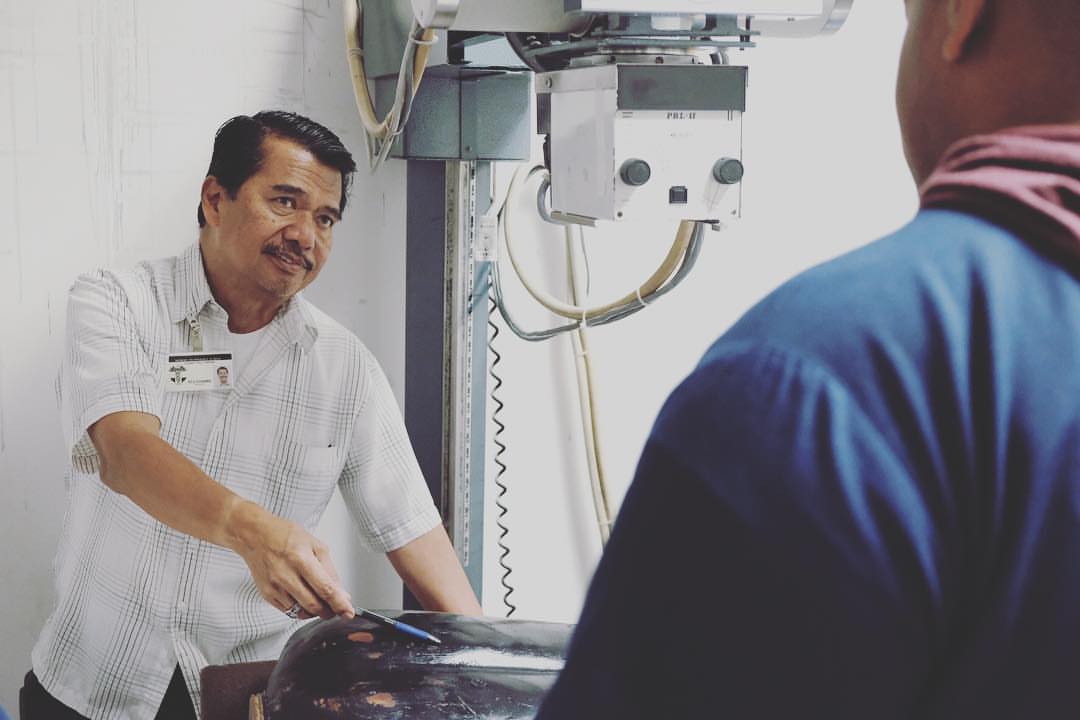


Patient interaction courses are integrated into the curriculum.Focused, eight-week evening courses designed for deep understanding.Instructors with first-hand experience working as a rad tech.Two class start times per year: spring and fall.CUKC offers a two-year Associate of Applied Science (A.A.S.) Radiologic Technology degree.Īttractive features of our radiography degree include: Discover the Radiologic Technology Degree Program at CUKCĬleveland University-Kansas City (CUKC) is a nonprofit, private, chiropractic and health sciences university located in Overland Park, Kansas. Employers will expect ARRT certification, which is typically needed for a state-issued license. in radiologic technology, you’ll have a radiography degree that prepares you for the American Registry of Radiologic Technologists (ARRT) national certification exam. in radiologic technology results in you getting the necessary knowledge, skills training, and patient interaction experience in two years.Īfter graduating with an A.A.S. How soon can I get started in this career?Ī.
#XRAY TECHNICIAN PROFESSIONAL#
It is designed to make students eligible for industry certifications or professional registrations required by those employers. meets requirements for specific skill sets in the workplace. Considered the most “hands-on” of all two-year college degrees, the A.A.S. Whether you think of it as an X-ray tech program or a rad tech program, the two-year degree to have is an associate of applied science degree (A.A.S.) in radiologic technology. What type of two-year associate degree does a “rad tech” get?Ī. That salary is more than 25% higher than the average for non-specific associate degrees. Depending on location, starting salaries for “rad techs” are in the $45-$48,000 range. The data site in 2021 reported that the median salary for all radiologic technologists (X-ray technologists) is between $54,000 and $58,000. A radiography degree comes with a good paycheck. Because of the risks of invasive procedures and surgeries, both physicians and patients are first choosing noninvasive, more precise ways to diagnose medical and health programs.īy getting a radiography degree and becoming a radiologic technologist, you’re on the front lines of where health care is going over the next few decades.Ī. Few industries are growing faster than healthcare, and medical imaging is one of the areas that are in big demand. It starts with the pace of scientific innovation. Why is this an attractive, long-term profession?Ī. The question is, where do you get the straight answers you need about a career that has what you’re looking for? Right here. Why be interested in an X-ray tech program that results in becoming a radiologic technologist? It’s one of the top-25 healthcare support jobs for 2022, according to the annual jobs report in U.S.
#XRAY TECHNICIAN HOW TO#
They operate the equipment, but they also know how to problem solve when facing challenging imaging scenarios.Ī radiologic technologist, unlike a technician, is a widely skilled medical professional who is certified and registered to perform diagnostic imaging examinations, such as X-rays, for physicians to assist with diagnoses of disease or trauma. “Technologist” is a much broader category, meaning experience in various imaging technologies and equipment and extensive knowledge of diagnostic imaging principles. The first thing to realize is that radiologic technologist is not just another name for a radiologic technician. The jobs area of “radiography degrees” can be confusing. Other names for radiologic technologists include radiographer, rad tech, and X-ray technologist. That means going to school for two years and becoming a radiologic technologist for most people. One of the reasons for not knowing about the explosive growth of imaging technology in healthcare may be the many job titles for those who graduate from “X-ray tech programs” or say they’re getting a radiography degree. No one wants to miss out on a promising career opportunity. What to Know About X-ray Tech Programs and Radiography Degrees


 0 kommentar(er)
0 kommentar(er)
